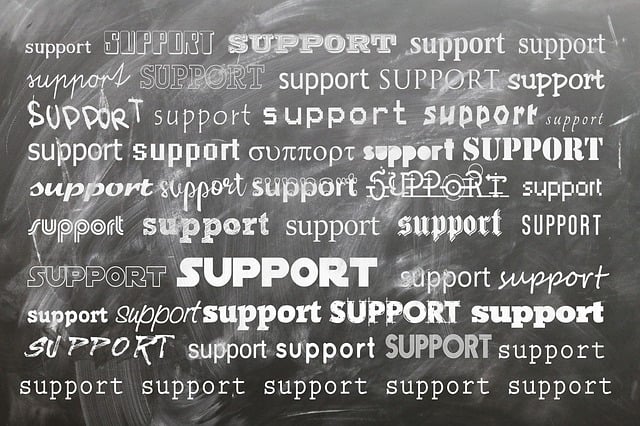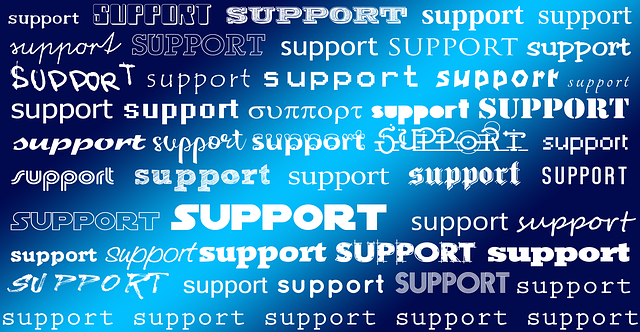In Oregon, families involved in child welfare cases can access crucial legal support services to protect their rights. The state offers various tailored legal aid programs, including court representation and guidance on case plans, ensuring parents understand their obligations. Organizations like Legal Aid Services of Oregon (LASO) provide free or low-cost assistance, collaborating with local courts and community groups to deliver comprehensive legal support for child welfare cases. Accessing these legal resources improves outcomes for vulnerable youth, fostering family stability and enhanced well-being.
Oregon offers robust legal support systems for child welfare cases, ensuring every child and family receives adequate representation. This comprehensive guide explores the state’s child welfare legal framework, eligibility criteria for free legal aid, and the diverse assistance programs available from dedicated organizations.
Learn how to access these resources, understand collaborations among key partners, and discover inspiring case studies highlighting the positive outcomes achievable through Oregon’s commitment to legal support for vulnerable children and families.
- Understanding Oregon's Child Welfare Legal Framework
- Eligibility Criteria for Legal Support Services
- Types of Assistance Offered by Legal Aid Organizations
- Navigating the Process: Steps to Access Legal Resources
- Key Partners and Collaborations in Oregon Legal Support
- Case Studies: Successful Outcomes through Legal Aid
Understanding Oregon's Child Welfare Legal Framework

Oregon’s child welfare system is governed by a robust legal framework designed to protect and promote the well-being of children within the state. Navigating this intricate web of laws can be challenging, especially for families involved in cases that require case assistance and support. Legal support services play a crucial role in ensuring parents and guardians understand their rights and obligations, enabling them to effectively participate in the child welfare process. Oregon offers various legal aid programs specifically tailored to assist individuals and families in need of child welfare legal aid.
These resources provide an array of services, from representing clients in court proceedings to offering guidance on compliance with case plans. Understanding the availability of such legal assistance empowers those navigating the child welfare system to make informed decisions, ultimately advocating for the best interests of their children. By leveraging Oregon’s legal support services, families can better manage complex situations and work towards positive outcomes.
Eligibility Criteria for Legal Support Services

In Oregon, individuals and families involved in child welfare cases can access valuable legal support services to ensure their rights are protected. Eligibility for such assistance is determined by various factors, including financial need and the complexity of the case. The child welfare legal aid programs are designed to provide legal resources and representation to those who cannot afford private counsel. These services cover a range of activities, from initial consultations to representation in court proceedings.
Navigating the legal system can be challenging, especially in child welfare cases where sensitive information is involved. Eligible individuals can access these Oregon legal assistance programs to gain guidance on their rights, obligations, and available options. This support enables them to make informed decisions and effectively communicate with authorities, thereby enhancing their overall experience during this difficult process.
Types of Assistance Offered by Legal Aid Organizations

Legal Aid Organizations in Oregon offer a range of assistance tailored to support individuals and families involved in child welfare cases. These organizations provide crucial legal support, ensuring that everyone has equal access to justice within the complex child welfare system. The services encompass a broad spectrum, from initial case assessments and advice to representation in court proceedings.
They assist with various aspects, including but not limited to, understanding legal rights and responsibilities, preparing necessary documents, representing clients during hearings, and advocating for the best interests of children involved. These organizations also offer guidance on navigating the legal process, ensuring that those seeking help are well-informed throughout their child welfare journey.
Navigating the Process: Steps to Access Legal Resources

Navigating the complex landscape of child welfare cases can be daunting for parents and guardians in Oregon. Accessing legal support is a crucial step to ensure your rights are protected throughout this process. The first step is to identify and connect with organizations that offer specialized legal aid for child welfare matters. Many non-profit legal services providers and government agencies in Oregon provide free or low-cost assistance, ensuring that all families have access to representation.
These organizations often offer a range of services, including initial consultations, legal advice, representation in court, and advocacy on behalf of parents. Parents can begin their journey by researching local legal aid societies or contacting the Oregon Law Help Hotline, which offers information and referrals to qualified attorneys specializing in child welfare law. Prompt action is key; reaching out early allows for a better understanding of available resources and strengthens your position in any legal proceedings.
Key Partners and Collaborations in Oregon Legal Support

Oregon boasts a robust network of key partners and collaborations when it comes to providing legal support for child welfare cases. Organizations like Legal Aid Services of Oregon (LASO) play a pivotal role, offering free or low-cost legal aid to those who cannot afford representation. LASO’s expertise in navigating complex laws and regulations helps ensure that children and families receive the best possible outcomes.
Additionally, various non-profit legal organizations and pro bono programs throughout the state provide critical child welfare legal resources. These entities collaborate with local courts, social service agencies, and community groups to offer comprehensive legal support services. By working together, these partners foster a more equitable system, empowering families involved in child welfare proceedings and ultimately strengthening Oregon’s commitment to protecting and supporting its most vulnerable citizens.
Case Studies: Successful Outcomes through Legal Aid

In Oregon, access to legal support plays a pivotal role in achieving successful outcomes for children involved in welfare cases. Legal aid organizations dedicated to child welfare have made significant strides in ensuring that vulnerable youth and their families receive the necessary legal representation. These initiatives have shown remarkable results, demonstrating the impact of navigating legal complexities with expert assistance. By providing legal resources and support services, these organizations empower parents to understand and assert their rights, ultimately fostering more positive outcomes for children within the child welfare system.
Case studies highlight successful collaborations between families and legal aid providers. Through dedicated representation, legal professionals help navigate the intricate procedures, ensuring compliance and informed decision-making. This proactive approach has led to improved family stability, reduced placement durations, and enhanced overall well-being for Oregon’s young population. With continued access to these crucial legal support services, there is potential for even more positive transformations in the child welfare landscape.
